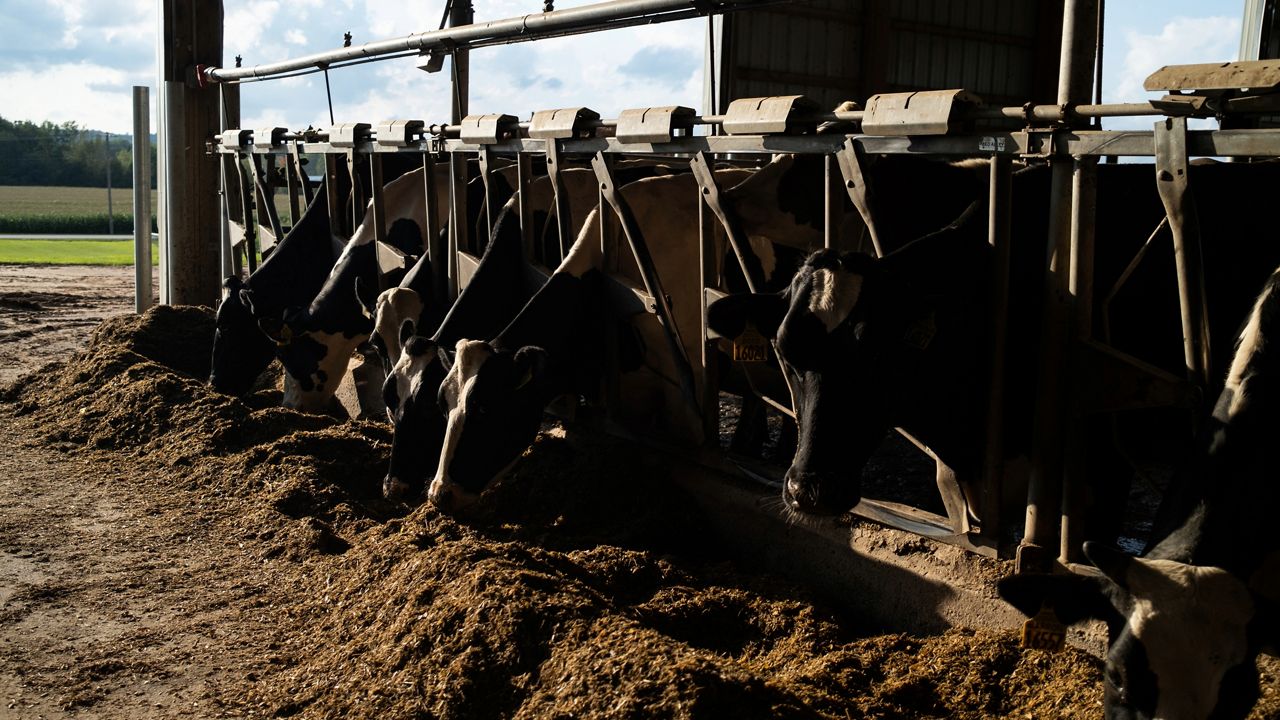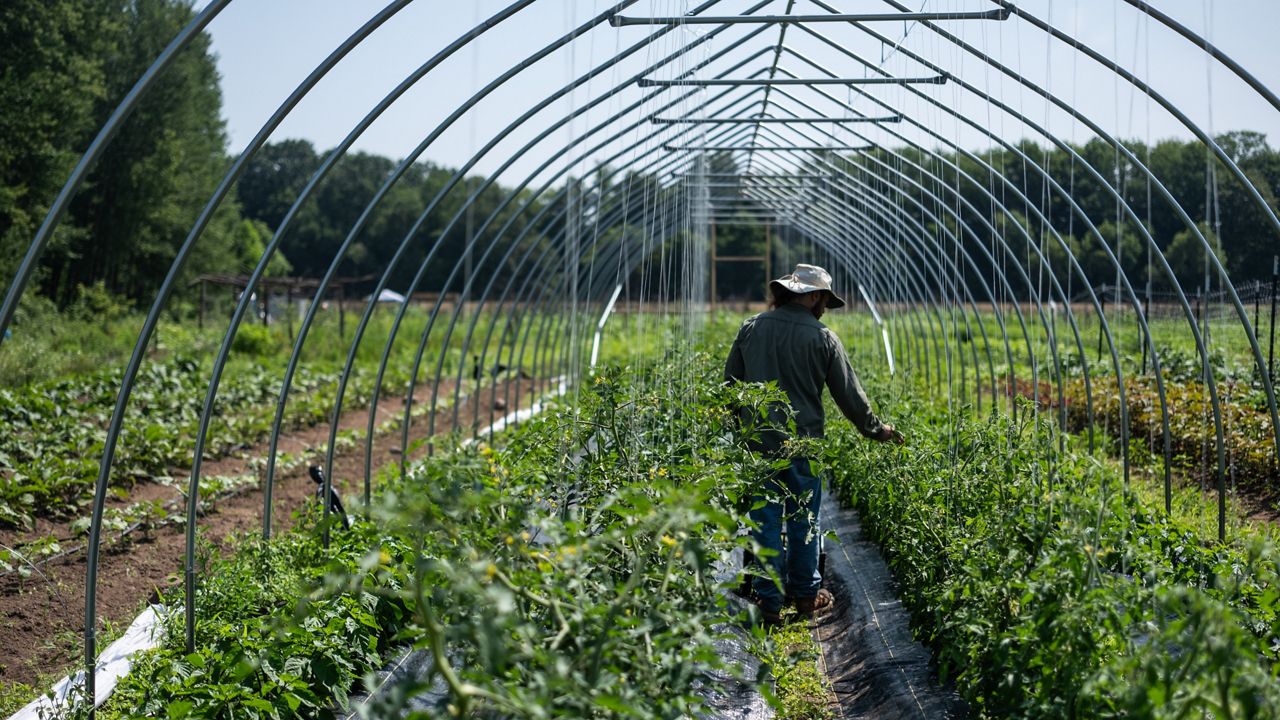The New York Farm Bureau has worries about the push for electrification, ongoing labor challenges and increasing food access for New York schools going into the 2024 legislative session.
David Fisher, president of the New York Farm Bureau, highlighted their priority of a state budget that would benefit many of its agricultural programs related to conservation, workforce development and farm safety.
“The bottom line is the state budget is an investment into our state’s farms and local food production,” Fisher said.
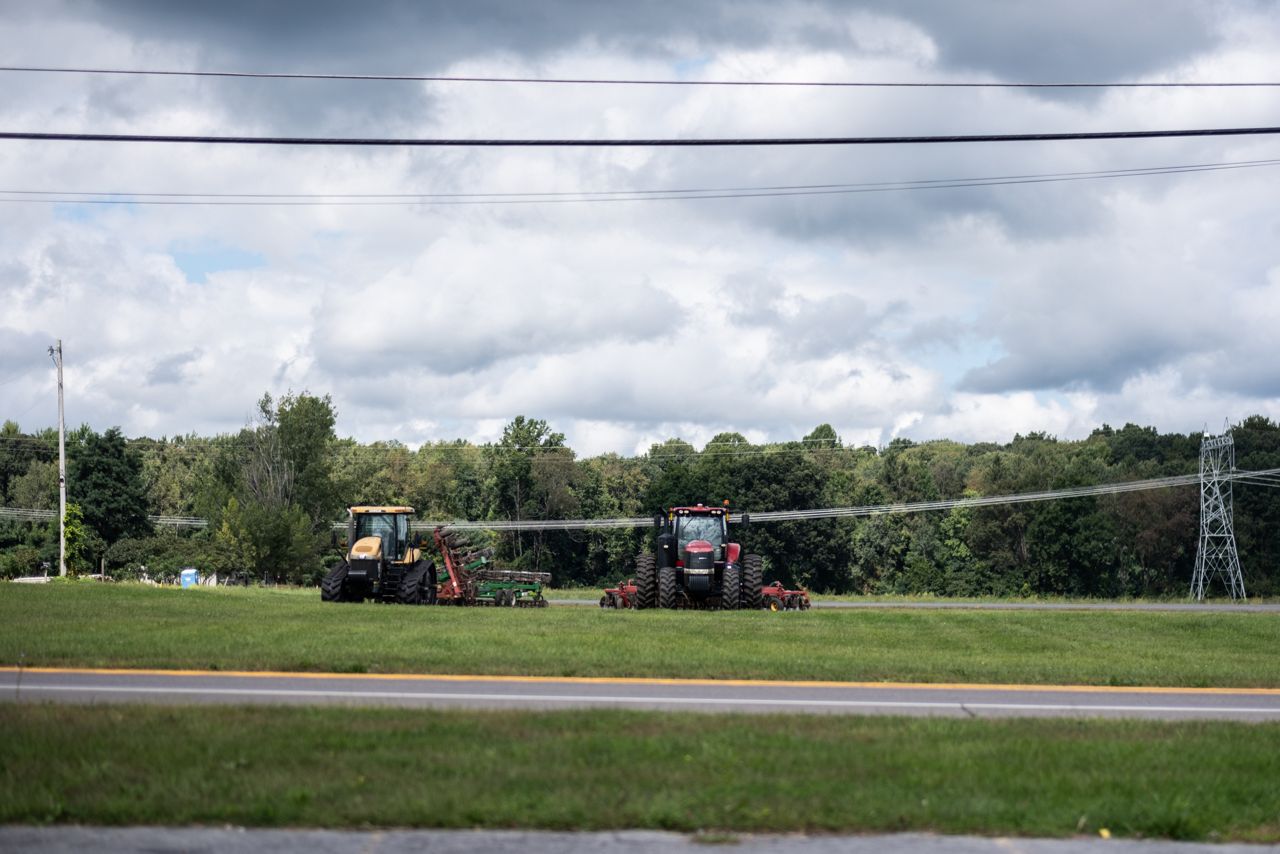
Switch to electric
The organization cites concerns over the push to stop using fossil fuels on farms and switch to electric when they aren’t prepared with the proper equipment, such as battery-powered tractors and machinery.
“Farmers understand the need to take action to support our climate and mitigate the extreme impacts that our farms are seeing, but we’re worried that there’s too great of a push for electrification before we can successfully adopt it,” Fisher said.
Being able to have reliable and affordable equipment is critical during planting and harvest where timing is everything, he said.
“It must be able to be charged quickly, and until then exemptions must be made for vehicles and machines where batteries don’t supply enough power for the task at hand,” Fisher said.
Also, Fisher highlighted the need for assurances that the grid can support the level of electrical production required on New York farms in rural areas.
“If not, we must have additional exemptions for these areas if they cannot supply the appropriate energy,” he said.
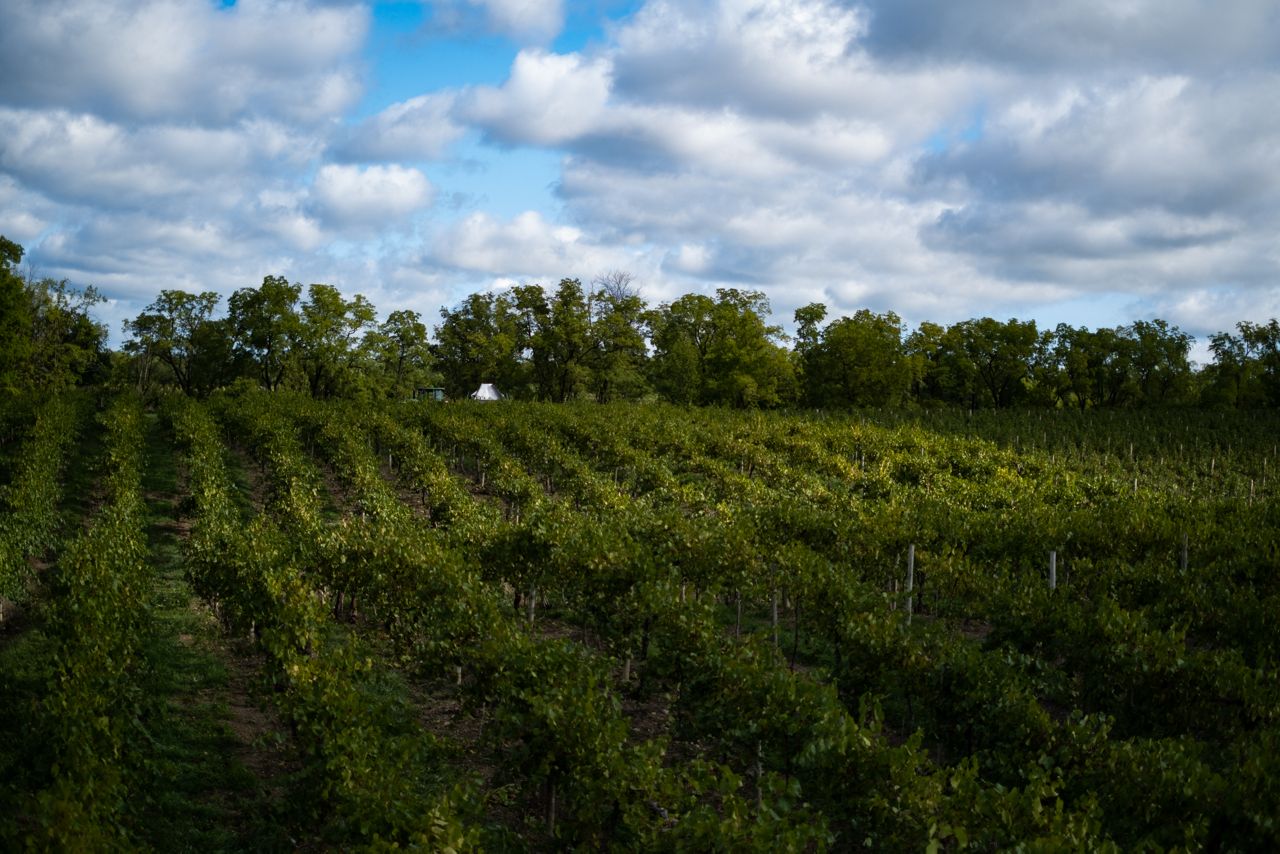
Extended producer responsibility
Extended producer responsibility is another concern for the state Farm Bureau because the measure would impact farms, specifically wineries and dairies, that gross more than $1 million per year.
“In the current language, farms would be pulled into that, and it doesn’t make sense. Thinking about our wineries for example, they would be in charge of somehow returning glass to the winery from the wine bottles,” said Jeff Williams, director of public policy for the New York Farm Bureau.
This legislation would put the cost and responsibility of recycling packaging onto those who produce it, such as food processors and farms that use glass bottles, milk containers and other food packaging.
Family farms don’t have the capacity to cover this financially, Williams said.
“In the end, higher costs for businesses can mean higher costs for their customers,” he said.
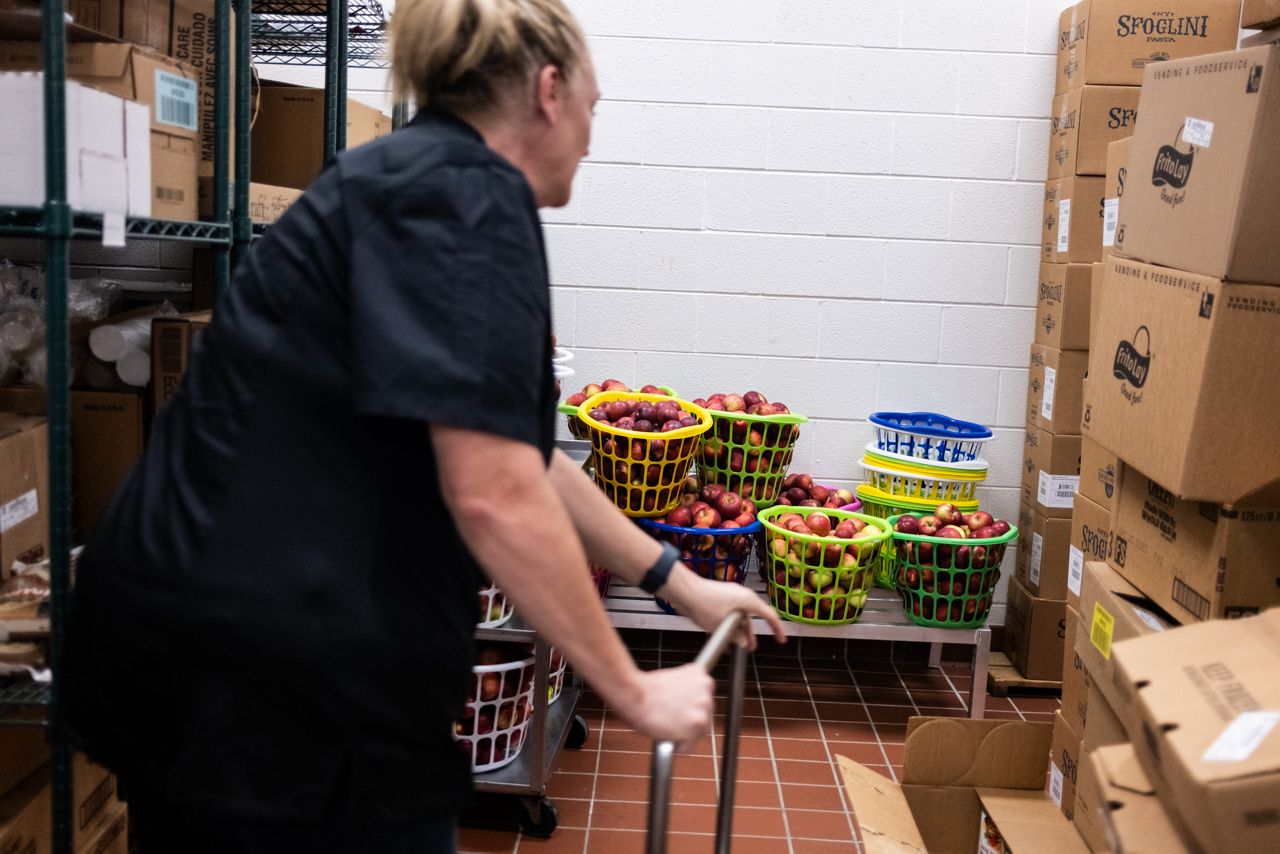
Increasing New York food in schools
The New York Farm Bureau also is eyeing an expansion of the Nourish New York and Healthy School Meals for All programs.
“Nourish New York is proven to benefit both farms and people in need,” Fisher said. “It redirects fresh, locally grown food into regional food banks and emergency food pantries while also helping farms offset the costs to produce, harvest, package and transport healthy food.”
In the past, the program has been funded with $50 million, and the bureau is looking to sustain or increase that funding.
Nourish New York allows emergency food pantries and banks to purchase local products such as meat, eggs, produce and dairy products from New York farms.
“In addition, school meals funding saw an increase last year, and this year we’re urging the state to fully fund healthy school meals for all,” Fisher said.
Expanding this program would increase access to locally grown foods in schools and increase income for farmers, he said.
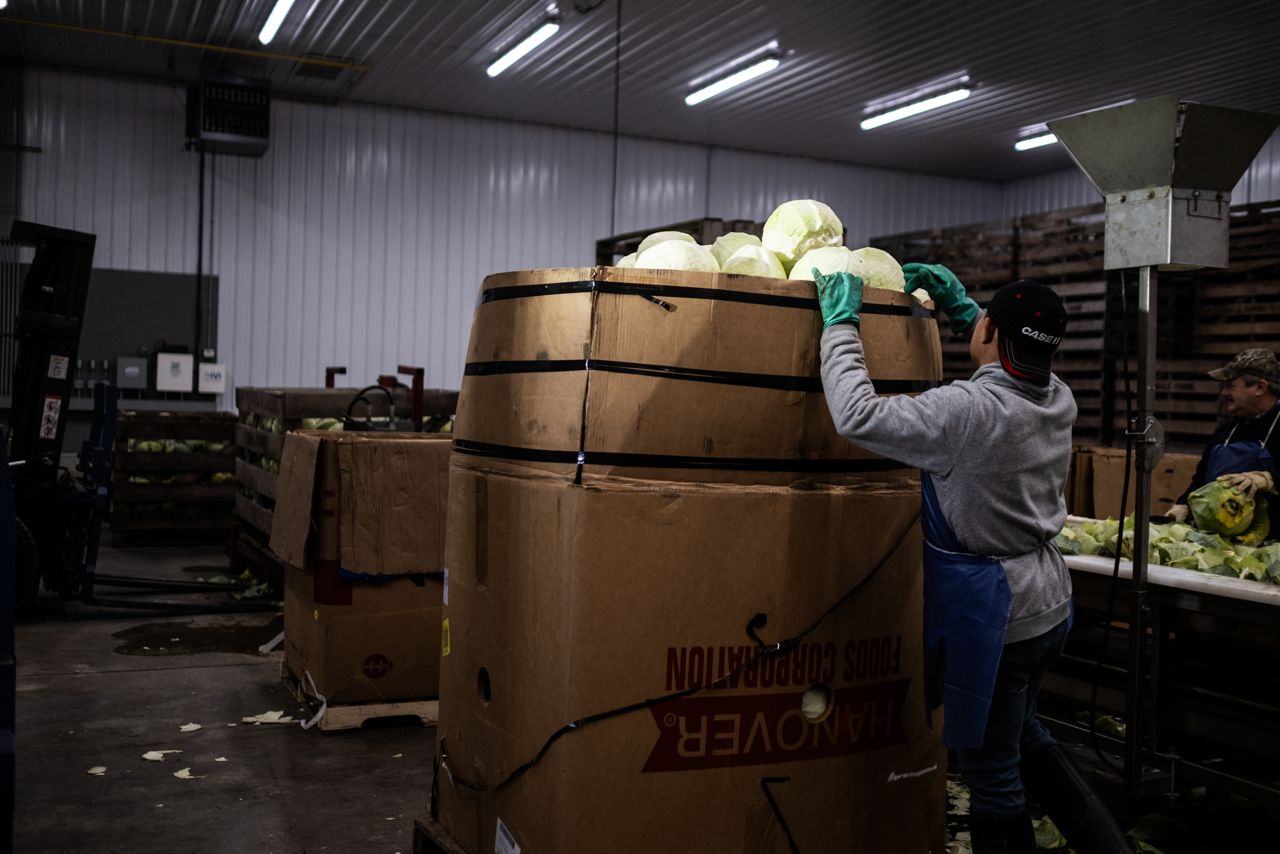
Ongoing labor concerns
With the overtime threshold for agricultural workers going down from 60 hours to 56 beginning Jan. 1, farmers have expressed concerns about their workers and the state tax credit that is supposed to offset the added cost. The New York Farm Bureau fought against the changes over worries about how farms will cover the expense.
Williams said they have worked with the state on the tax credit implementation.
“They’re really trying hard to make it workable for farmers, but some of the institutional things that we’re encountering, like a 50-year-old computer system with tax and finances, the state can’t be as nimble as businesses would like them to be but they’re trying,” he said.
Fisher, who is also a dairy farmer, said some farmers won’t have the capacity to do the paperwork.
“I’ve heard from many farmers, especially smaller ones that they’re not going to deal with it. Some are probably going to look at exiting [the industry] because they don’t want to do the paperwork and the hassles,” Fisher said.
Gov. Kathy Hochul announced Tuesday the Farm Employer Overtime Credit portal is now open for farmers to begin registering to receive the tax credit later this year.
“The farm employer overtime credit is a big part of reducing the tax burden for our farm businesses while allowing them to continue supporting their hardworking staff,” Hochul said in the press release.
After July 31, farmers can submit their payroll documentation to the portal for a certificate of advance payment of eligible overtime paid between Jan. 1 and July 31.
The farmer will then request their payment from the New York State Department of Tax and Finance prior to Nov. 1. The payment will be issued once the information has been verified.
“I encourage farmers to take a look at the resources we have available, learn more about the farm employer overtime credit program, and talk to their tax and payroll advisors to ensure they can take part in this great opportunity,” Commissioner of Agriculture Richard Ball said in a press release.




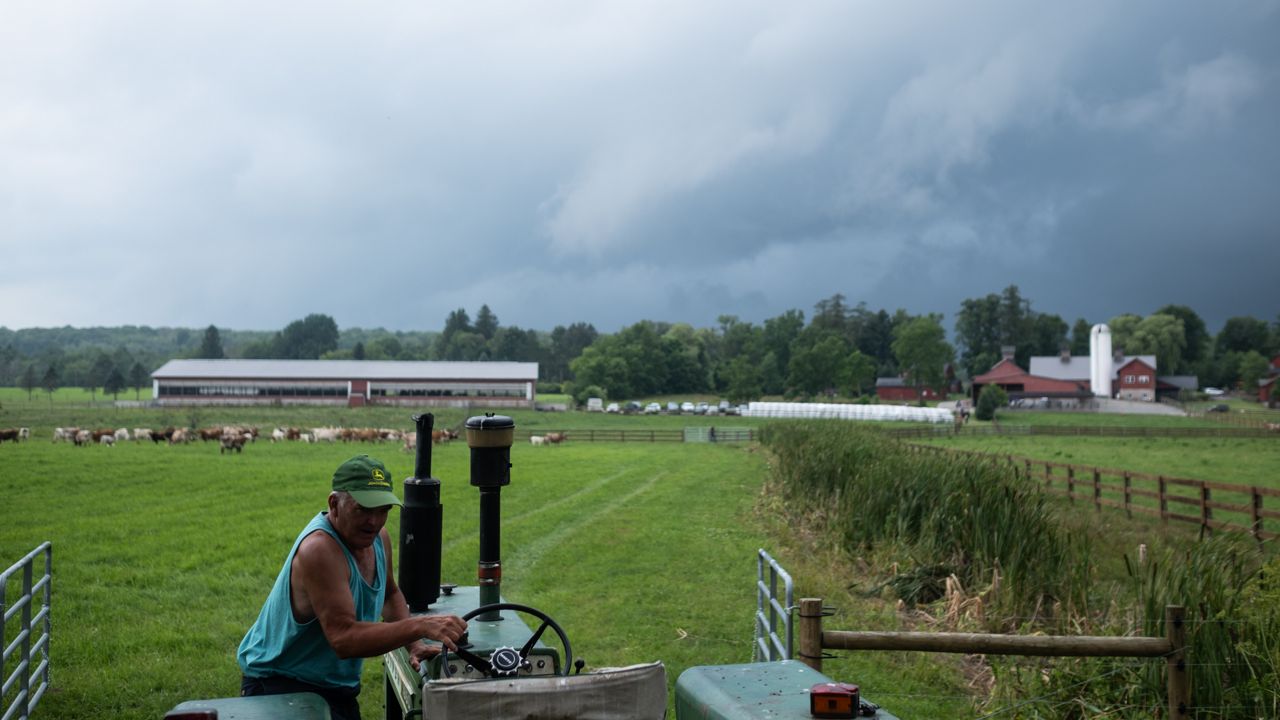
)
